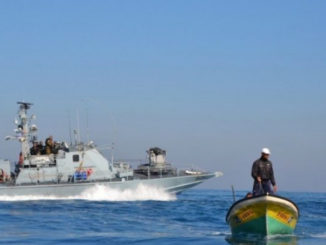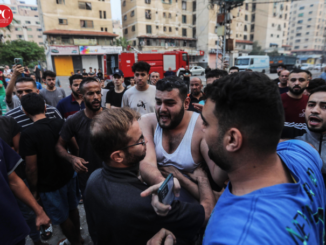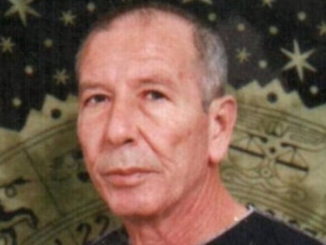
By Ramona Wadi
What would prompt the UN to assert, without reservations or calculated statements, that Gaza has collapsed in terms of humanitarian necessities? So far, the international organization has relied on projecting extended timeframes; the result being that Gaza was forced into a currently irreversible situation while the UN saves face, or believes it does, by stepping in at its designated intervals.
On Monday, the UN Office for the Coordination of Humanitarian Affairs in the Occupied Palestinian Territory announced through a press release that it was releasing $1 million “to prevent the collapse of life-saving services in the Gaza Strip”.
According to OCHA’s Humanitarian Coordinator Jamie McGoldrick,
“This allocation is critical to prevent a complete collapse of services and a potential outbreak of disease. Unfortunately, it comes in the absence of action from the relevant authorities, who have responsibility for the wellbeing of Gaza’s citizens, or predictable donor support”.
It is expected that the funds will provide life-saving services and access to basic necessities, for a mere one and a half months.
Clearly, Israel has perpetrated a magnitude of violations that no amount of funding will be able to reverse. The oPt Humanitarian Fund supports “humanitarian responses to unexpected emergencies”. It is undeniable that Gaza’s situation constitutes an emergency.
“Unexpected”, however, does not fit the narrative, not even the one concocted by the UN that determined Gaza will become unlivable by 2020. Indeed, the press release states that the enclave has become dependent on emergency fuel delivered by the UN.
This is not a situation that deteriorated overnight but a consequence of the international community’s complicity in Israel’s colonial endeavors. Condemnations and non-binding resolutions – the bulwark of UN diplomacy – has failed, and will continue to fail Palestinians. As a result, the least the UN can do is to acknowledge its role in promoting an intentional misrepresentation of Palestinians in Gaza, if only through its observations.
When it comes to the UN, observation does not translate to precision, unless its meaning is reversed to take into account its precision in disseminating intentionally misleading statements that are dissociated from the sequence of colonial violence perpetrated by Israel.
The only reason the UN can sustain its regurgitated statements of impending collapse is that, in collaboration with Israel, it is extending the parameters of suffering as a result of humanitarian deprivation.
It is no secret that financial humanitarian aid cannot reverse, or even halt, the ramifications of human rights violations, given the investment in the latter in terms of finance and complicity. However, the UN is not averse to exploiting the existing funding crisis, which has largely impacted its capacity to prevent “a potentially catastrophic breakdown in essential service delivery”, as articulated by McGoldrick.
The funding crisis exacerbates the humanitarian situation because the political intent is to maintain the continuation of violating human rights. In its previous warning of the impending collapse in services, there is no mention of Israel. For the UN’s intent is not to highlight Israel’s culpability, but to disseminate an image that spells an unabashed misattribution of blame.
– Ramona Wadi is a staff writer for Middle East Monitor, where this article was originally published. She contributed this article to PalestineChronicle.com.







